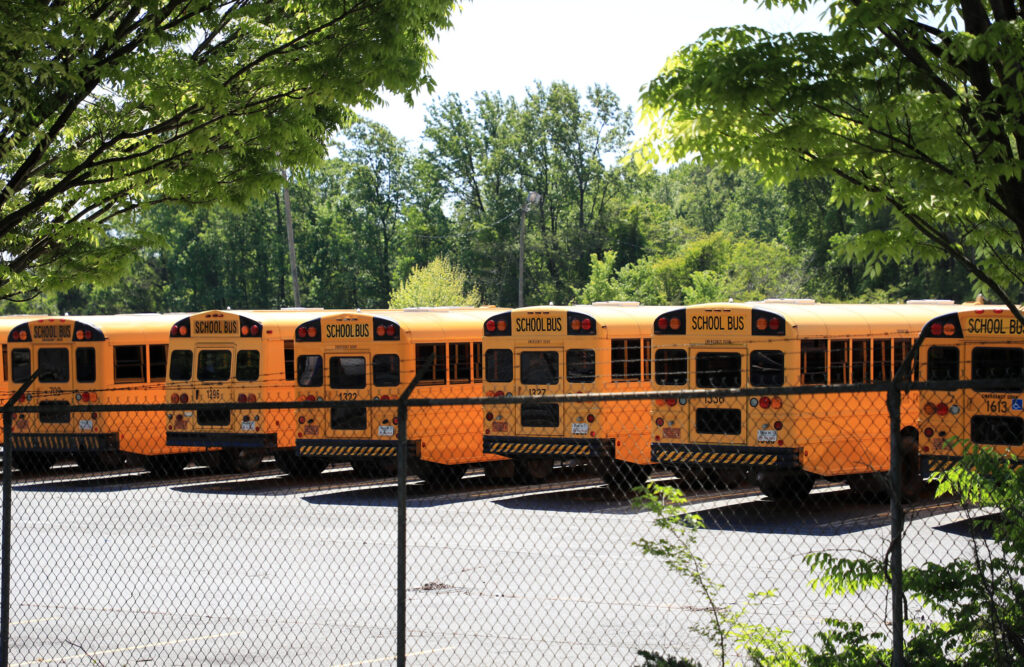The budget shortfall was unexpected news in House Finance on Thursday after the Senate unanimously passed its proposed budget earlier this week with no mention of the pending problem
BY: CAITY COYNE
As the end of the 2024 regular session approaches, lawmakers are under pressure to agree upon and pass a budget for the upcoming year before March 11, but an unexpected challenge in the form of a potential $465 million budget hole is complicating things.
During a meeting for the House Committee on Finance on Thursday, lawmakers — and the public — learned that, due to potential misspending of COVID-19 relief dollars marked for education initiatives, Gov. Jim Justice’s administration is “in negotiations” with the federal Department of Education to keep the money in West Virginia.
The budget previously sailed out of the Senate with no mention of the budget gap.
“We’ve been told by the federal Department of Education that we are $465 million in a clawback situation,” Committee Chair Vernon Criss, R-Wood, told lawmakers as he presented the House’s proposed budget for Fiscal Year 2025. “The governor’s office is negotiating with the Department of Education at the federal level to, rather than for us to write checks back to the feds, that we spend that money in this fiscal year. And that negotiation is going on.”
The Legislature is still on the hook to pass a budget this session, but anything approved will likely be a stopgap measure.
“We are to a point that, because of timing, we need to pass a budget,” Criss said. “We need to do something today out of here so that we can receive the Senate’s so that we can introduce and go to negotiations this weekend to come up with something.”
A special session is expected in May to finalize the budget with the hope that Justice’s negotiations will be successful, according to Criss.
Del. John Williams, D-Monongalia, requested that someone from the governor’s office appear at any special session called to explain the situation.
House Finance approved the proposed budget, House Bill 4025, with little discussion despite the budget gap that needs to be addressed. The proposed budget will now advance to the full House for consideration.
On Wednesday, the Senate suspended the constitutional rule that a bill be read on three separate days and unanimously approved its proposed budget.
That proposed budget did not include what revenue numbers could look like if certain state employee pay raises were approved or if tax cuts — including a total cut to income taxes on Social Security — are implemented as Justice has requested they be. Those initiatives, as well as several line items for surplus spending, could be at risk if the $465 million hole isn’t filled.
The budget challenge comes as the state is already attempting to keep a flat budget. House Speaker Roger Hanshaw told Hoppy Kercheval on MetroNews Talkline radio show Thursday that the Legislature will “likely” end up passing “a very skinny budget.”
Senate Finance Chair Eric Tarr, R-Putnam, also said on the show that “there is uncertainty” due to the “clawback,” and that is leading to fairly conservative budget proposals.
Criss said the budget hole arose after the state was allocated funding for education initiatives from COVID-19 relief dollars. Rules for spending that money, however, were not implemented until the state gave the money to school boards, and it was already being spent.
In November, an audit was released showing that the West Virginia Department of Education did not provide proper oversight for how localities were spending the money. Of the 54 school districts reviewed, 37 were deemed “noncompliant” in their use of federal funds, including improper purchasing procedures or using funds for unallowable activities. Since March 2020, the WVDE has received nearly $1.2 billion in money from the federal Elementary and Secondary Emergency Relief funds. The $465 million represents about one third of those funds.
Brian Abraham, Justice’s Chief of Staff, told MetroNews’ Brad McElhinny on Thursday that the budgetary challenge came because the state did not allocate the appropriate level of funding for education.
“It’s that we did not grow our education budget in proportion to our overall budget. In other words, when we gave money to roads or we gave money to something else, we did not give a like amount more to education,” he said.
Negotiations with the federal government, he continued, have included offers to increase that spending in this upcoming budget through initiatives like pay raises, increased allocations to the School Building Authority and contributions to higher education programming. Abraham said a response from the federal Department of Education could come as soon as this week.
Per the Department of Education, states receiving COVID-19 relief funds were mandated to follow guidelines showing a “maintenance of effort” regarding levels of funding for education. West Virginia, per the department, was granted a maintenance of effort waiver in FY2022, citing a decrease in student enrollment that led to a decrease in education spending. The state also applied for a waiver in 2023, but it was not granted.
According to waiver requests from the state, elementary and secondary education funding in West Virginia dropped from accounting for about 42% of state spending in fiscal year 2017 to 34.6% of state spending in fiscal year 2023.
In a statement Thursday from the state Democratic Party, Del. Mike Pushkin, chair of the party, condemned Justice for the “mishandling” of COVID-19 relief dollars. He said the governor’s administration used the increase in federal relief dollars to “falsely” increase recent budget surpluses, which have been touted repeatedly by Justice as evidence of the state’s healthy economy.
“The Justice Administration used these funds to artificially inflate our budget surplus,” Pushkin said in the statement. “Now that ruse has been exposed.”
Potential $465M hole due to schools’ COVID-19 funds complicates budget

